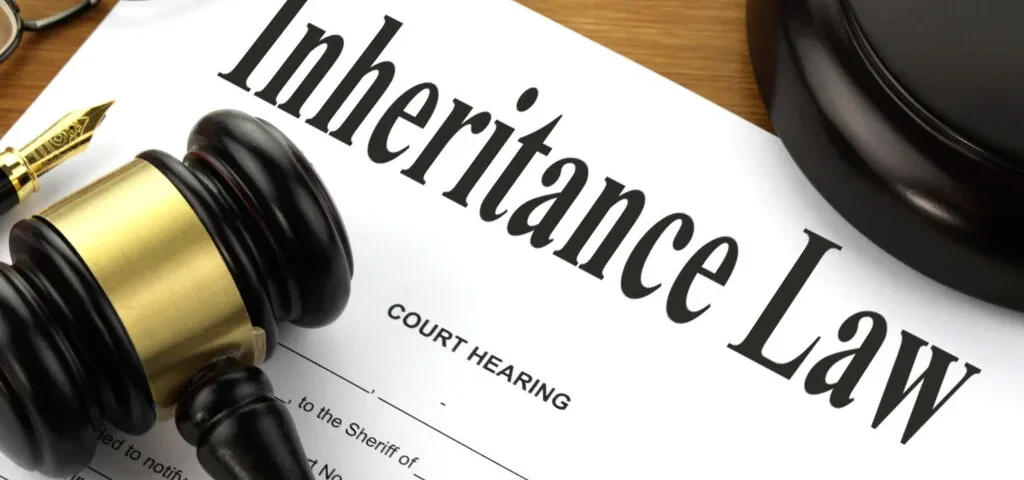The process that occurs after an individual’s death, probate, is intimidating to many individuals because of the complexity associated with it. Still, knowing how probate works and how a well-drafted will can streamline the process takes away much of the uncertainty.
Whether you’re creating your own will or managing a loved one’s estate, this guide will help you understand the key aspects of probate and inheritance in the UK.
What is Probate?
Probate refers to the process of handling the estate of a deceased individual through legal procedure. It requires establishing the authenticity of a will (if available), paying all dues and taxes, and giving out the balance assets to beneficiaries. The procedure safeguards the deceased’s wishes but ensures that creditors and other claimants are not neglected.
Terms to Remember:
• Testator: A person who has made a valid will.
• Administrator: The person the court appoints to administer an estate in the absence of a will.
• Executor: The person in a will appointed to administer the deceased’s estate.
• Estate: All the assets, property, and liabilities left behind.
• Intestacy: The legal process that comes into effect when someone dies without a will. In this case, the estate is administered according to the UK’s intestacy rules.
• Beneficiary: Anyone legally entitled to a share in the estate.
Role of Wills in Probate:
A will specifies what a person desires the estate to be divided into after his or her death. It may also include provisions for appointing guardians for minor children and naming executors responsible for managing the estate. This makes probate simpler because there are clear instructions, less dispute over the estate, and assets are distributed in a better and quicker manner.
Some assets may avoid probate altogether. These include jointly owned property that automatically passes to the surviving owner and accounts with named beneficiaries.
Read Also: How Do You Obtain Probate and Is It Always Needed?
Probate Process Steps:
1. Applying for Probate: The executor (or administrator if there is no will) applies for a Grant of Probate (or Letters of Administration in intestacy cases) through the Probate Registry.
2. Notifying Relevant Parties: Beneficiaries, creditors, and other interested parties are notified of the proceedings.
3. Valuation of the Estate: The estate’s property, bank accounts, investments, and personal effects are valued, and a report is submitted to HM Revenue & Customs.
4. Payment of Debts and Inheritance Tax: All debts and liabilities must be paid off, including IHT, before the estate is distributed.
5. Distribution of the Estate: The remaining assets are distributed in accordance with the will or the intestacy rules if there is no will.
6. Closing the Estate: After all debts are paid, the estate is closed, and probate is complete.
Probate Issues
While probate offers a formal legal process, several problems can occur:
•Will Contests: A will contest can delay probate.
•Asset Conflicts: Beneficiaries may dispute asset appraisals or distributions.
•Creditor Claims: Creditors can object to the distribution of the estate if debts are not paid.
•Complex Estates: Large estates with multiple assets or international elements can be very difficult to administer.
How to Make Probate More Efficient:
1. Create a Legally Valid Will: Ensure that your will meets the requirements of the Wills Act 1837 to avoid legal challenges.
2. Identify Beneficiaries for Specific Assets: Assets with beneficiaries, such as life insurance policies or pensions, pass outside probate.
3. Consider a Trust: Placing assets in a trust can help avoid probate, maintain privacy, and speed up asset distribution.
4. Seek Legal Advice: Consulting a solicitor or probate specialist can prevent costly mistakes and ensure compliance with UK law.
Frequently Asked Questions About Probate and Wills:
1. What happens if someone dies without a will in the UK?
If someone dies intestate, the estate is distributed under the rules of intestacy, which give priority to spouses, children, and close relatives. Unmarried partners and friends normally have no automatic rights of inheritance.
2. How long does probate take in the UK?
Probate duration depends on the complexity of the estate. Simple cases take six months; contested or high-value estates can take years.
3. Can probate be avoided?
Yes, probate can be minimized or even avoided by establishing trusts, jointly owning property, and using financial products that transfer directly to named beneficiaries.
4. Do all estates go through probate?
Not necessarily. Small estates (typically under £5,000) may not require probate, and jointly held assets often transfer automatically to the surviving owner.
Conclusion:
Probate and wills play a crucial role in estate planning and inheritance matters. While the process may seem daunting, understanding key legal principles and taking proactive steps—such as drafting a clear will—can make probate significantly smoother. Whether managing your own estate or handling a loved one’s affairs, consulting an experienced probate solicitor can provide valuable guidance and ensure a legally sound and efficient resolution.
For further advice please get in touch with our team today by calling 020 8538 0182 or +44 7857 809932, or you can email us on [email protected].
Please note these blogs are to enhance your knowledge and are not tailored advice, for specific advice please get in touch with our outstanding team.



